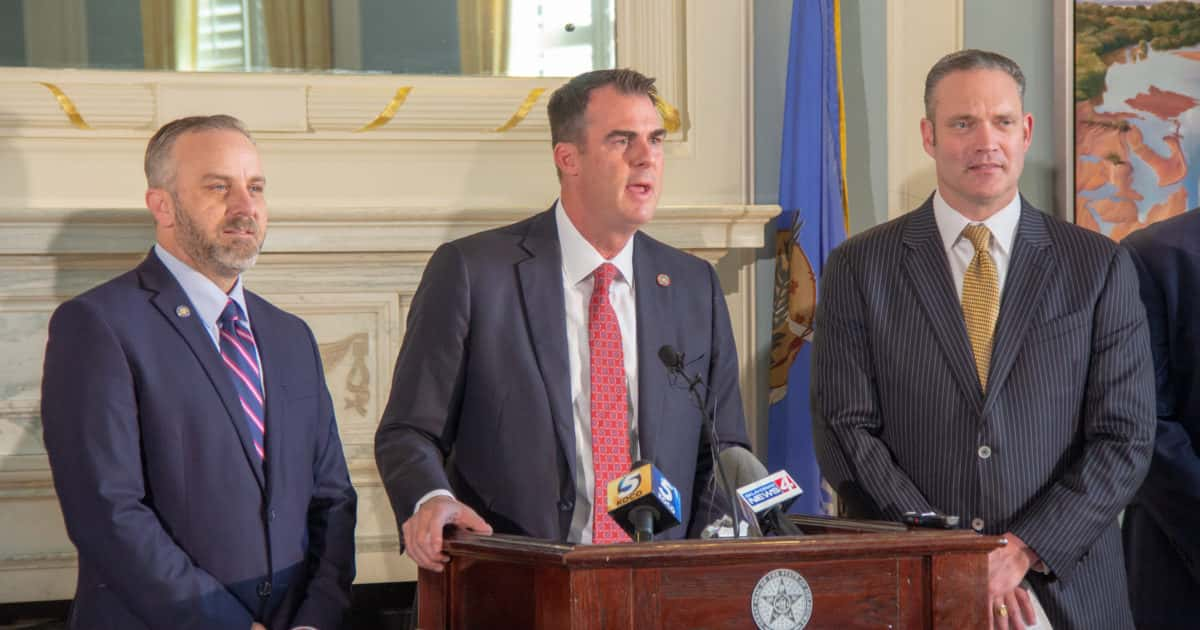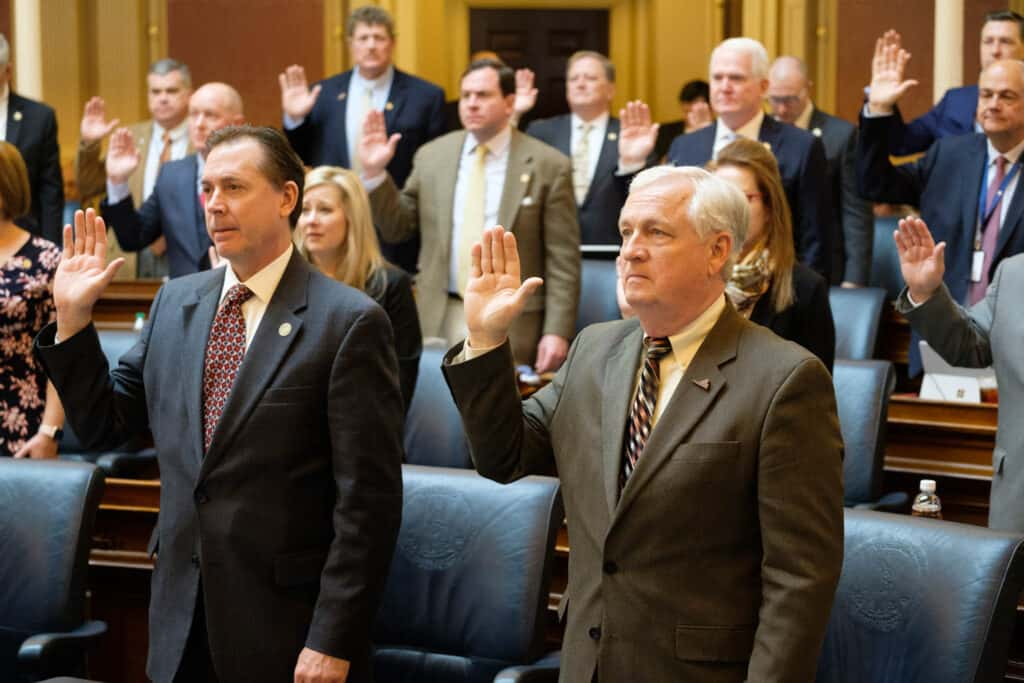Senators Tim Kaine and Mark Warner of Virginia are reintroducing the School Infrastructure Modernization Act, which aims to remove an obstacle in the federal tax code that prevents historic tax credits from being used to finance the renovation of local school buildings that will continue to be used as schools.

Senators aim to remove obstacles to using historic tax credits for school renovations
The federal tax credits have been instrumental in the renovation of over 1,200 buildings in Virginia over the past 26 years, including the future homes of regional governor’s schools in Richmond and Petersburg. However, the current tax code does not allow tax-exempt entities to use the credits to renovate their own buildings for continued use, a rule designed to prevent “trafficking in tax benefits.”
The senators hope to revise this provision in a general tax policy rewrite later this year, with Rep. Dwight Evans introducing a companion bill, the Rehabilitation of Historic Schools Act, in the House. The issue has been of particular concern in Virginia, where state policymakers have been grappling with a $25 billion problem of replacing all of the school buildings in the state that are at least 50 years old, estimated to be about 1,000 or half of the state’s school buildings.
Kaine has highlighted how historic tax credits have helped reduce the cost of renovating buildings
The Maggie L. Walker Governor’s School and the Appomattox Regional Governor’s School, by one-third, make it more feasible. In a joint statement, Kaine and Warner emphasized the importance of modernized public schools in providing a safe learning environment for students and the potential economic benefits of the bill in supporting construction jobs and private-public partnerships.
This reintroduction of the School Infrastructure Modernization Act follows the senators’ unsuccessful attempt to change the tax code less than two years ago, and they hope to garner more support for the bill this time around.




